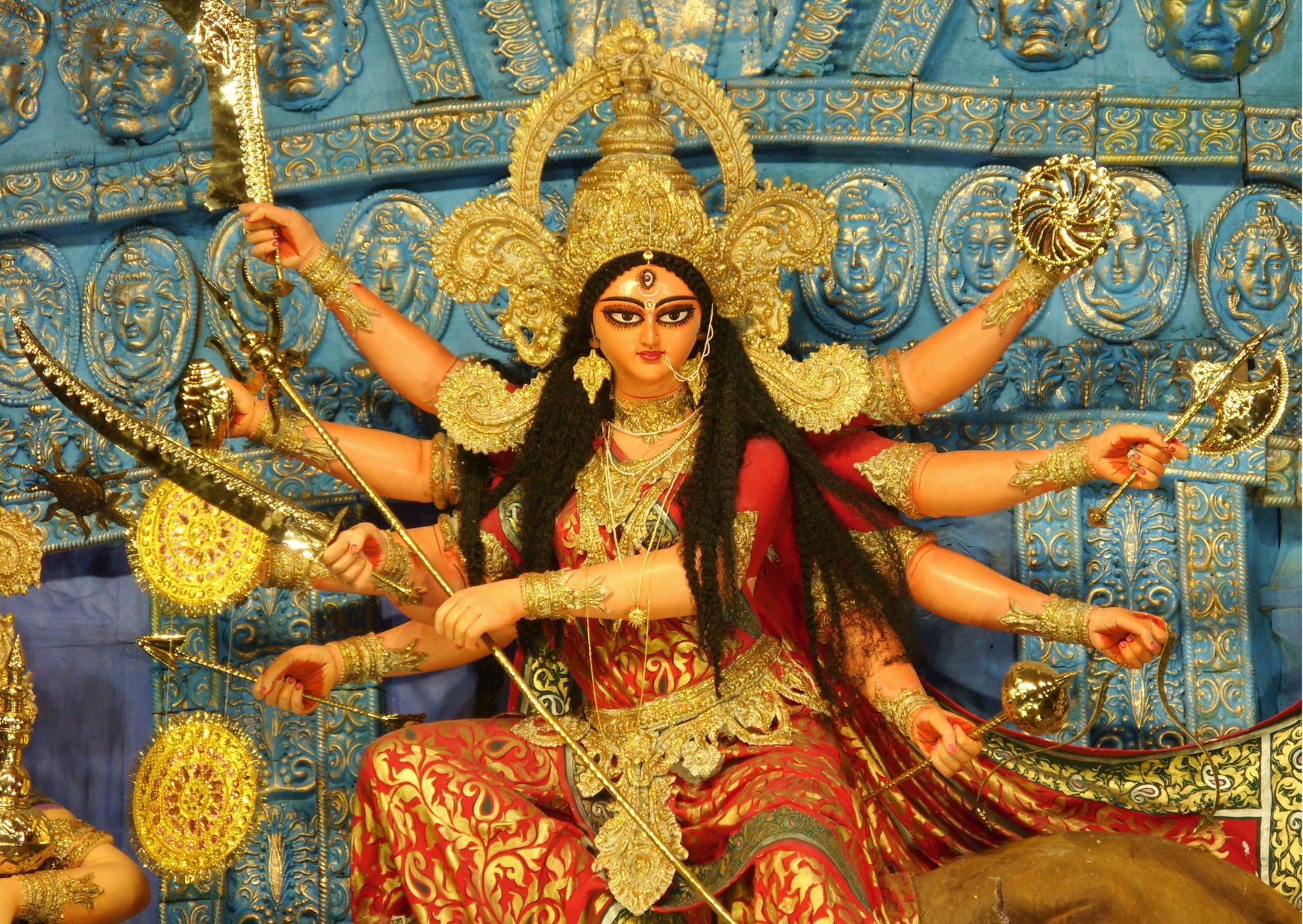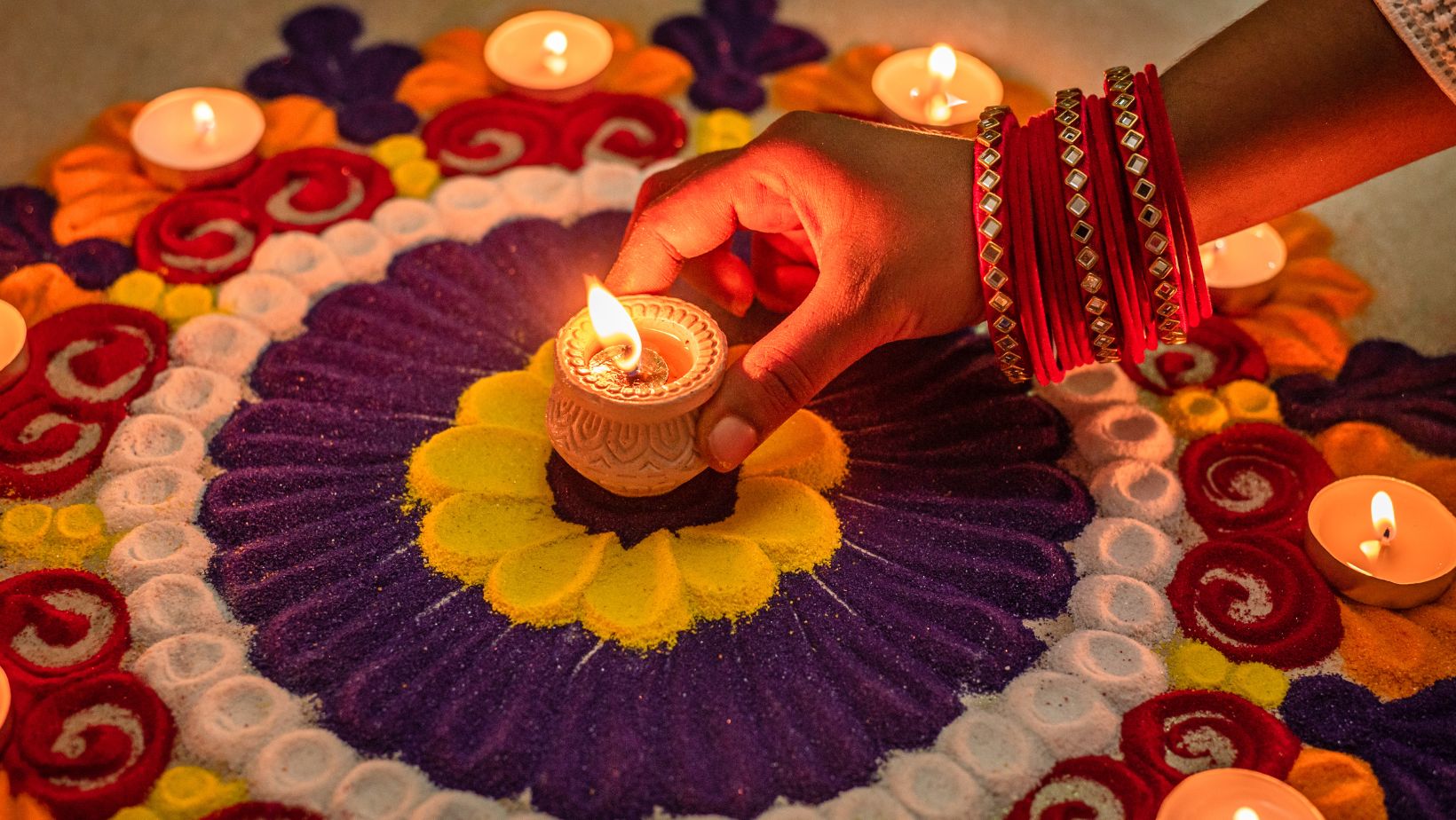Singer, actress, composer, entrepreneur, speaker, songwriter, and environmental activist, this vivacious Monsoon Wedding actor wears many hats, very well! Meet the multi-faceted, multi-lingual personality known for her skill in both the film and music industries in India - Vasundhara Das.
Vasundhara and her partner Roberto Narain run Drumjam, an organization that has pioneered the use of drum circles for corporate training, team building, and community building at corporations, communities, schools, and colleges in India. Vasundhara is one of 16 International Trainers in Europe and Australasia who constitute the Village Music Circles Global Trainer Team. The Drumjam VMC India Playshop has so far trained around 160 facilitators from diverse backgrounds from all across India.
In her association with Language Curry, she has given us some insightful anecdotes on the Sanskrit Language, one of the many languages that she speaks. Discover more about her in this exclusive interview.
How many languages do you know?
Like most other Indians, I speak my mother tongue Tamil, the language of the state Karnataka where I was born and grew up – Kannada, I also speak fluent Hindi & English since we learned those languages in school and out of interest, I took Sanskrit during high school and all through college and continued my pursuit of Sanskrit studies even after graduating from college. I also speak some basic Spanish. But I can sing in Spanish, Italian, and Portuguese. I’ve also sung in Marathi, Telugu & Malayalam.
What set you on the path to learning so many languages?
I think I may be one of those people who has a natural affinity to languages. Growing up in Bangalore, which has always been very cosmopolitan, exposes you to multiple languages. Since the time I was very young, we had the Bangalore branch of the Vivekananda Yoga Kendra next door. I heard resonant Sanskrit chanting every morning from 6 am to 8 am. Looking back at that, I remember the sounds of that time.
Our neighbors below the Yoga Kendra were a Marathi speaking family and I am familiar with Marathi by just having listened to them for many years during childhood. Also, one of my aunts married a wonderful Nepali gentleman and whenever they visited us from Kathmandu every year, I would be in the presence of the Nepali Language. I began to understand some of the words they spoke. My cousin lived with our common grandmother above us and I heard Nepali a lot because of him. You could say that a deep appreciation of languages began unconsciously for me by the fact that I was surrounded by such a rich tapestry of languages from a young age.
Going to school in India also opens your mind to learning multiple languages. When I was in school, from 1st Standard, students started studying English as a first language (if you’re in an English medium school) and there were options of Hindi or the State language as the 2nd language. My parents opted for me to learn Kannada as my 2nd language in primary school. Then when students got to middle school, a 3rd language is added. When I got to that point, I switched it up and took Hindi as my 2nd language and Kannada as my 3rd language. As a result, I had a good grasp of grammar in both Hindi and Kannada.
In high school, I changed schools and went to a school that offered Sanskrit as the 1st language and English as the 2nd language. For the next 3 years, I was able to get a good foundation in Sanskrit as well. Learning Sanskrit opened my ears to all languages. I could assimilate them in a very different way after I started learning Sanskrit. When I was in my 2nd year of Bachelor’s Degree, I started learning Spanish from an expat who lived in Bangalore. This was triggered by a chance meeting and collaboration with Afro-Columbian Jazz musicians from Bogota. This was followed by multiple trips to Spain in search of encounters of the musical kind, but all worked toward enhancing my love for languages further.
How did being a multi-lingual helped in your singing and acting career?
There are now researches that show how learning many languages aids in better development of the brain in children. But this was life for me…something I totally took for granted. If you’re multi-lingual and respectful of all languages, your mind accepts them easily. And you begin to be able to identify different languages and slowly start understanding those most commonly spoken around you.
After starting my Sanskrit studies, I truly felt that I was very open auditorily. I could identify root words from Sanskrit in many Indian languages that I heard and that way, I was able to have a gist of what was being spoken around me. It especially helped me when I got opportunities to sing in multiple Indian languages – in being quick to get the words and correct pronunciation and also to quickly understand the meaning of the words and add emotion to what I was singing, even if I wasn’t exposed much to the language. I worked in two movies in Malayalam as an actress and the roles I played sometimes had monologues that were pages long. I was not very exposed to Malayalam before my work in these movies and I found great comfort in the fact that Malayalam is based heavily on Sanskrit. It greatly helped me in my process of getting deeper into the role I was playing and delivering strong and emotional performances.
Which language particularly was the hardest for you to learn and why? Please share your experience.
I don’t think that it is harder to learn some languages and easier to learn some others…I think its more to do with our state of mind. When we are younger, all our energy and focus is geared towards learning. That’s why we learn things as children and don’t forget them even in our adulthood.
As we grow older, our focus and concentration are being pulled in so many different directions, we have other worries and concerns and that’s why we may find it harder to learn languages later on in life. If we are able to find a space to have single-minded focused attention on anything we are learning at a later age, we may find that it becomes easier for us again.
What compelled you to take such a keen interest in Sanskrit?
At first, it was the age-old concept of being able to score higher marks in Sanskrit than other languages. But as I started learning it, I started to really appreciate and love it. A lot of credit must be given to all my teachers who taught with such passion. My neighborhood tuition teacher Mrs. Godha, my school Sanskrit teacher Ms. Suguna, my college Sanskrit teacher Mrs. Lakshmi Warrier, and last but not the least, Dr. Sampadananda Mishra whose courses I attend in Puducheri, and Ms. Samita Rathor who is currently teaching me the Yoga Sutras – all of them have laid a strong foundation of the language within me and now, I feel this amazing liberation and am able to think logically and connect the many worlds that I traverse, to all these learnings.
How has knowing Sanskrit helped you professionally, personally, and spiritually?
I look at Sanskrit, first and foremost, as a scientific language. It has more to do with the physics of vibration than with religion for me. I am a spiritual person but not a religious one. And I like to have logic and reasoning behind my beliefs. The vibrational aspect of Sanskrit and the chanting of ancient Vedic texts has the possibility to bring about deep healing on a mental and subsequently on a physical level.
And this is of great interest to me as I turn a new corner in my profession – into the world of Sound Healing, carrying with me so many experiences with voice and vibration as a singer.
Personally, it brings me great peace of mind when I listen to myself chant. And this combination of voice, vibration, sounding, chanting, and singing – takes me to a very spiritual place where I truly feel one with Prakriti, where all other thoughts disappear.
In which language did you enjoy singing the most?
I enjoy singing in all languages. Have you heard of the saying that Music is the Universal Language?
According to you, how important it is for a person to be multi-lingual?
It’s a personal choice. I personally feel that my life is more enriched with this multi-lingual exposure and I further feel that people are really touched when you care to know their language and then the experiences and relationships you share with them are deeper and more meaningful.
What do you have to say about the opinion that it is hard to learn a new language after a certain age?
Like I said before, it’s not about the age itself…it is more about our attention, focus, and ability to get away from our work, worries, and other fleeting thoughts. I believe we can re-train our brain to focus better and then our learning abilities re-appear like before.
Do you plan on learning any new languages or have you developed an interest in any particular language lately?
I’ve been exposed a lot more to Italian over the last decade since my husband and his parents speak fluent Italian. I find myself understanding conversations in Italian now and involuntarily nodding my head and reacting to people speaking it around me…surprising myself and others. I’m open.
Lastly, a piece of advice you would want to give to Language Curry users.
The fact that they have sought out your platform to learn a new language is a brave first step. I would encourage them to stay curious and open to new learning.


